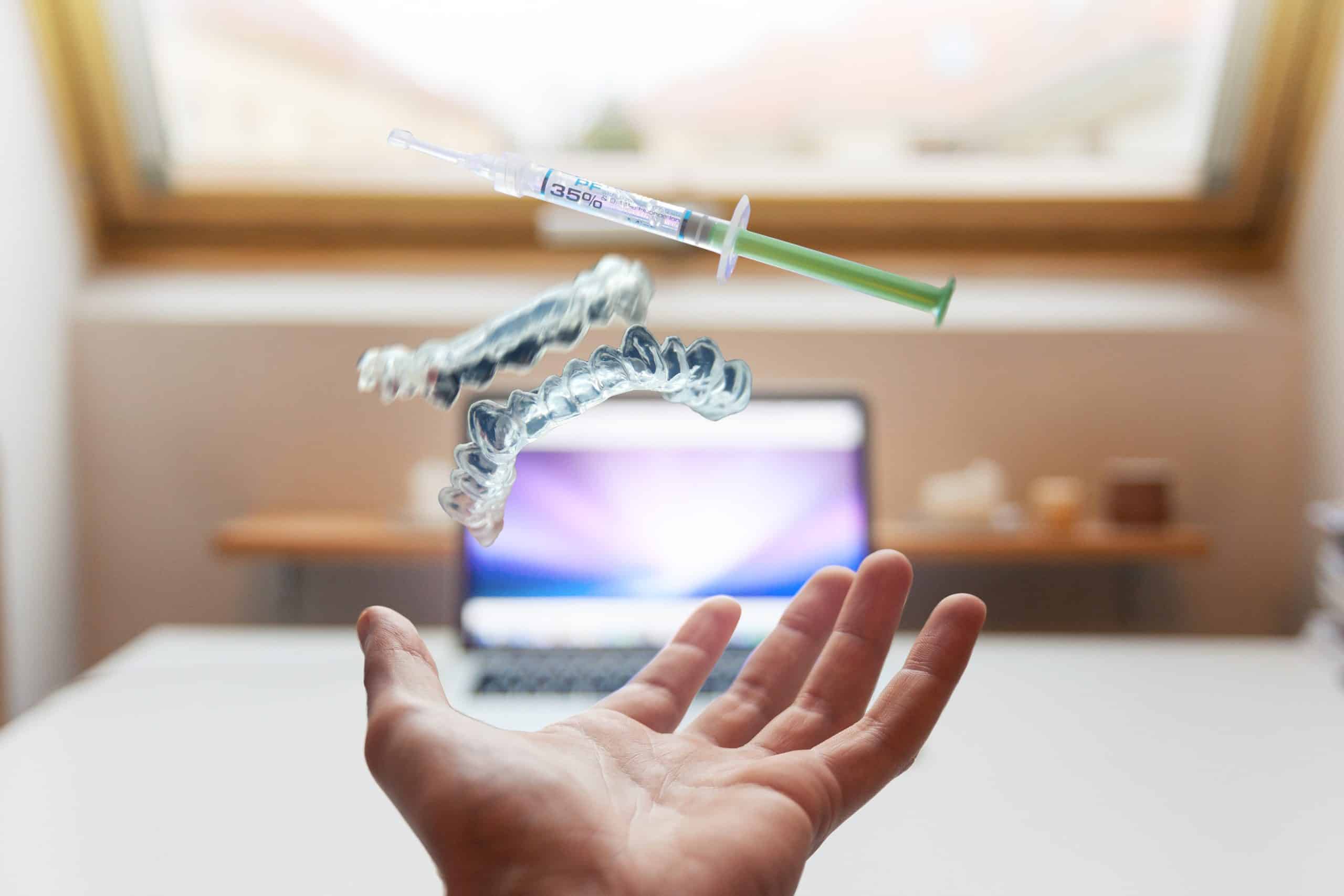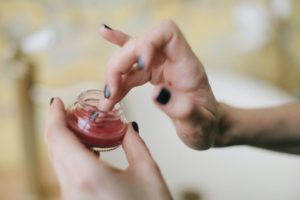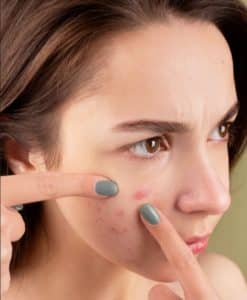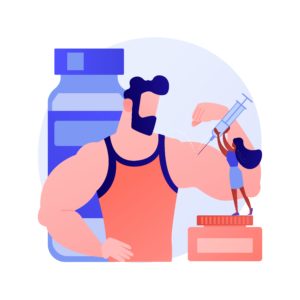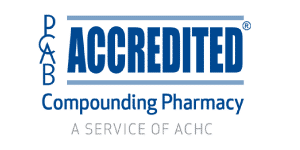Pills or tablets are the most common form of medications that is commercially available. They are easy to transport, distribute and can be stored for long periods. However, for many patients’ pills aren’t an easy solution. Most of them struggle to swallow a pill or take the medication in pill shape consistently. This is where compounding pharmacies become part of the solution.
Compounding pharmacies can help such types of patients by giving multiple forms of the same medication. They can prepare customized medication as per the patient’s convenience and or a doctor’s requirement. Vios Compounding specializes in making compound medications in a variety of forms including injectables, pills, gels, creams, and suppositories.
Let’s look at the 10 best alternative medication forms for pills:
1. Mixing Powder and Water:
People who have a very busy schedule prefer to buy lemonade, herbal tea, or sports drink in powder form so that they can mix it with water and can also control its concentration. Today many of the leading compounding pharmacies synthesize medicinal ingredients with fizzy powder to create a drink, that patients can mix with water at their own discretion and time.
2. Injection:
In many cases, patients find it hard and struggle to stay with the dosage schedules of conventional medication. These types of patients can benefit from alternative forms of medication like injections. Injections allow the patients to receive the medication once a week or once a month from their doctor instead of taking a pill daily and keeping a track of it.
3. Liquid:
The most obvious alternative to pills is medicines in the form of liquid. Cough syrups and other over-the-counter medicines in liquid form can be found at the store. However, you would hardly find any liquid forms of most of the prescription medicines, mainly medications used for adults.
Compounding pharmacies can turn many medicines into liquid and create a flavor that fits your unique tastes.
4. Lollipops and Lozenges
Topical treatments for oral thrush, work best once they stay in contact with the affected area for a long period of time. In such situations, your compounding pharmacist may recommend ingesting the medication in the form of a lozenge or lollipop that can rest directly against the affected area.
5. Lip Balm:
Most standard medications treat infections internally, which means the patient takes a pill to achieve the desired effect regardless of the symptoms they have. If you have cold sores or painful lip wounds, internal medicine may take a longer duration of time to bring relief compared to the topical medication provided through compounded medical lip balm. They are more effective than commercially available lip balms.
6. Orifice Drops
Eye and ear drops are commonly found in all our home medicinal cabinets. But certain ear and eye conditions require both medicated drops and oral antibiotics rather than standard eye/ear drops. When you get medicated drops from a regular pharmacy, you must use the standard solution.
If you experience negative reactions to oral antibiotics or to standard ear/eye medicated drops, work with a compounding pharmacy to create a solution that offers you a customized eye and ear drops solution that doesn’t have any side effects.
7.Orifice Spray
Like the eye and ear drops, orifice sprays like a nasal spray allow direct administration of the medicine. In addition to standard forms of nasal sprays such as decongestants, your compounding pharmacist can convert other medicines like vaccinations into sprays.
8. Suppository
A medicinal suppository is a degradable container of compounded medication that is inserted right into a bodily orifice (external opening in the body). The container then melts, which allows the medication to go into your bloodstream. Most suppositories are placed in the urethra, vagina, or rectum by a qualified medical professional.
Since suppositories are less comfortable than some other alternative medication forms, most pharmacists recommend this form for periodic medications like hormone therapies or PRN medicines medications including anti-nausea solutions.
9. Topical Ointment
Topical medication like ointments allows the patients to directly apply the medicine in the affected area. Compounding pharmacists can make customized dermatological compounding medications in the form of ointments, lotions, creams, gels, foam, etc. for direct application on the skin.
10. Troches
Troches are a direct alternative to tablets. Patients who are unable to swallow the medication in conventional pill form can easily use troches form of medication as they easily dissolve under the tongue.
